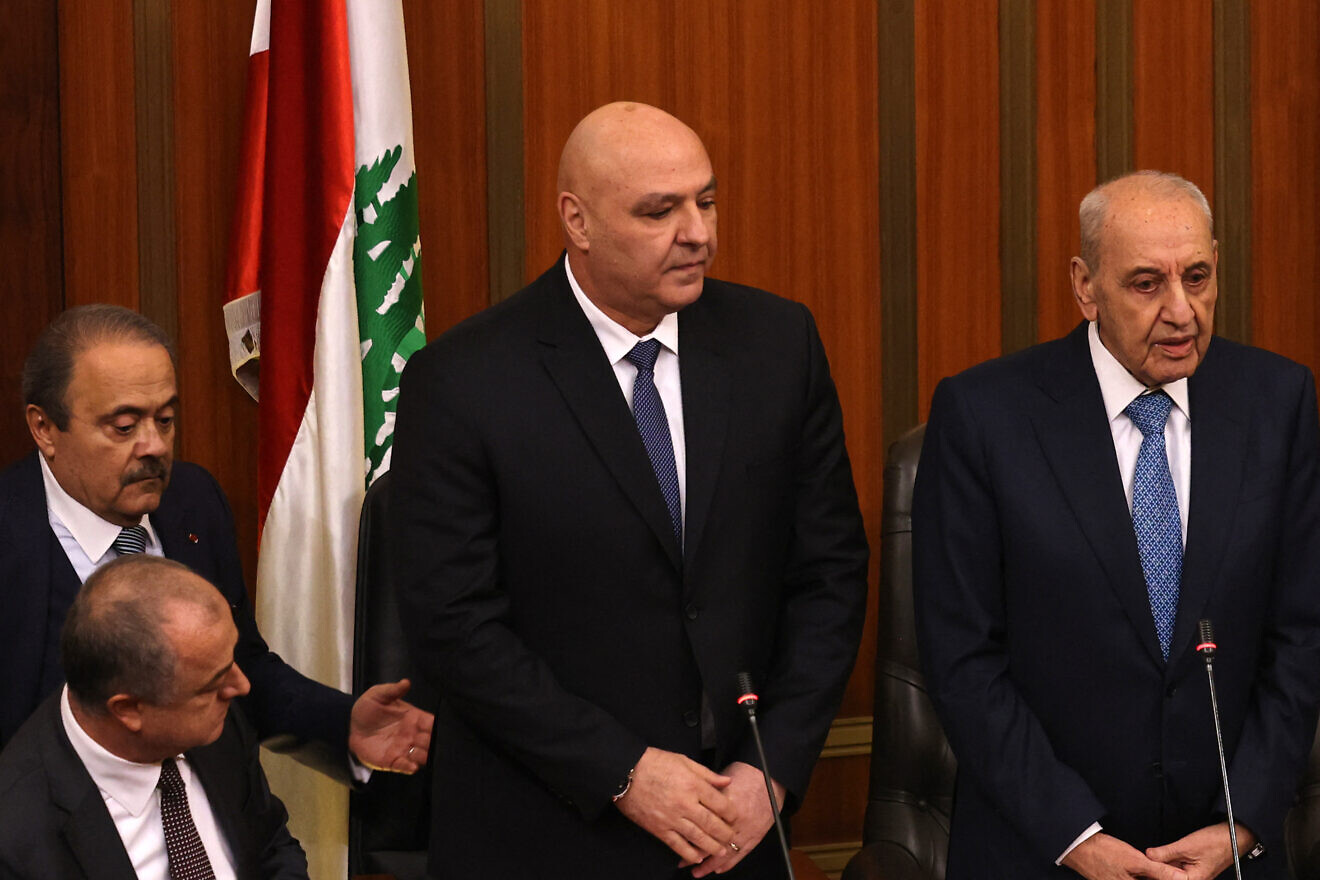Egypt’s Deputy Prime Minister for Human Development and Minister of Health and Population, Khaled Abdel Ghaffar, received Saturday Japan’s Ambassador to Egypt, Oka Hiroshi, to discuss ways to enhance cooperation in the health sector.
The meeting discussed ways to benefit from Japanese expertise in the field of human development, by bringing in experts to hone skills and develop human capital in all fields, especially in the health sector, according to Hossam Abdel Ghaffar, the official spokesperson for the Ministry of Health and Population.
He noted that the minister emphasised that human development begins from early childhood, through the primary education stage and then university, until the stage of entering the labour market.
Abdel Ghaffar indicated that the meeting discussed ways to enhance Japan-Egypt cooperation in the field of women’s empowerment, especially in the labour market and raising their skills to meet the needs of the labour market, with a focus on Egypt, in line with the national strategy for women’s empowerment, in line with the goals of sustainable development.
The meeting also addressed Egypt’s ranking in the UN Human Development Report to review Egypt’s global ranking in this field, as Egypt ranks 105 out of 193 globally, with an index of 7, which is a relatively good indicator.
Abdel Ghaffar noted that the meeting also reviewed the areas of cooperation between the two sides in several health sector projects, including the cooperation of the Japanese International Cooperation Agency (JICA) with the comprehensive health insurance system, and the agency’s support for implementing the system in the remaining governorates, as 5 new CT scan machines were supplied, and 10 CT scan machines are being delivered to the comprehensive health insurance governorates.
For his part, Ambassador Oka Hiroshi stressed Japan’s interest in cooperating with Egypt in various fields, including the national project for the development of Egyptian rural villages “Decent Life” and in the education and health sectors, which included expanding the number of Japanese schools in the governorates, and the early education program, in cooperation with the Ministry of Social Solidarity in 9 governorates.





















Discussion about this post